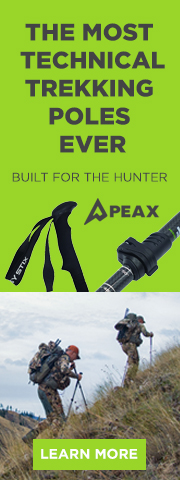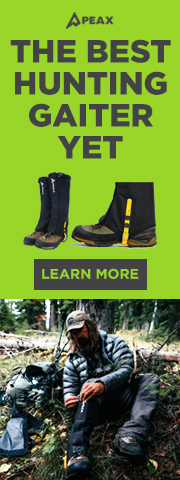Quick question for you all,
As a new hunter to the west, I am curious to understand what fitness level you should be at for a backpack hunt.
I currently am 259, looking to drop 25-35#'s by september. the weight loss in of itself should help, but i am looking for guidance on what my fitness level should be. running a 5k without stopping? running it in x amount of time? Being able to walk x miles with x weight? Are there any other gates that you measure your readiness by?
I have lost 20# in the past 3 months, so I hope I am on my way to success, but if there are other benchmarks I should be going after, will be helpful. I have browsed the forum and found some, but wanted to look for more.
As a new hunter to the west, I am curious to understand what fitness level you should be at for a backpack hunt.
I currently am 259, looking to drop 25-35#'s by september. the weight loss in of itself should help, but i am looking for guidance on what my fitness level should be. running a 5k without stopping? running it in x amount of time? Being able to walk x miles with x weight? Are there any other gates that you measure your readiness by?
I have lost 20# in the past 3 months, so I hope I am on my way to success, but if there are other benchmarks I should be going after, will be helpful. I have browsed the forum and found some, but wanted to look for more.



